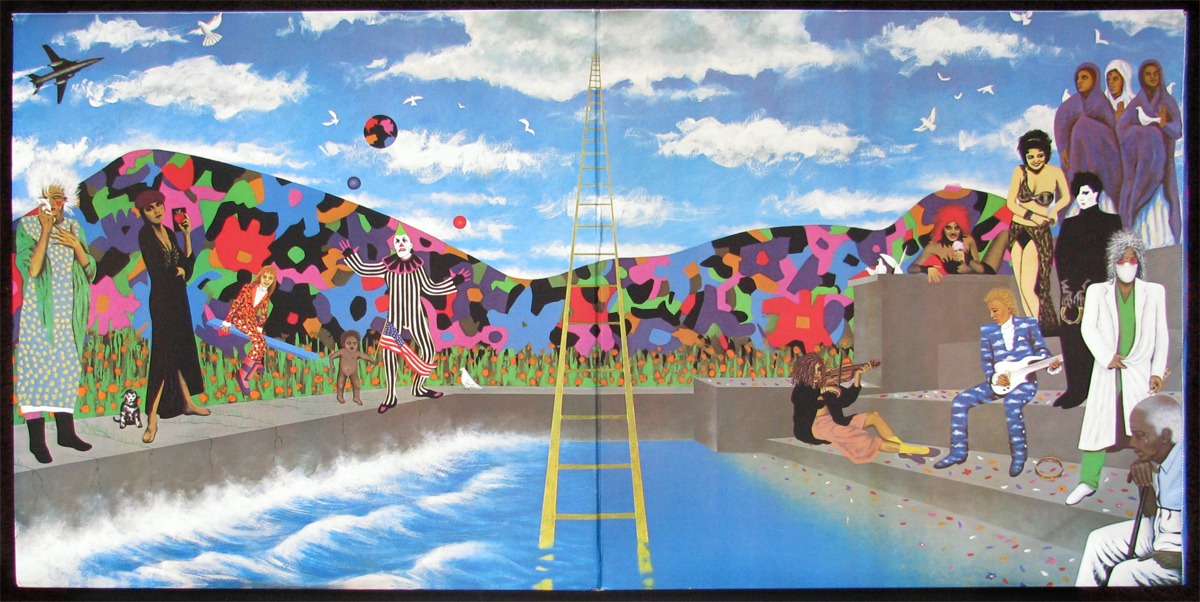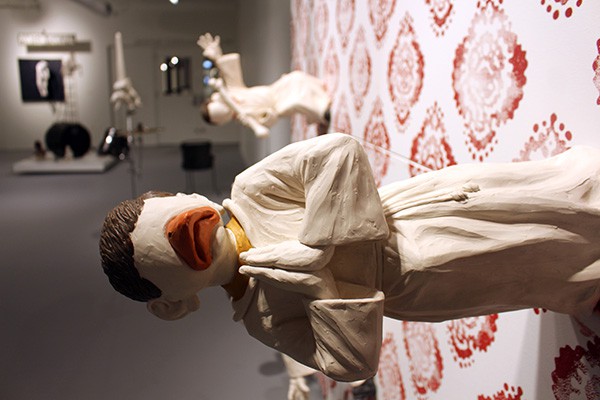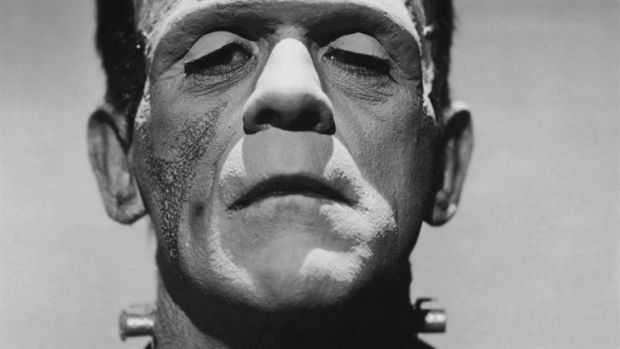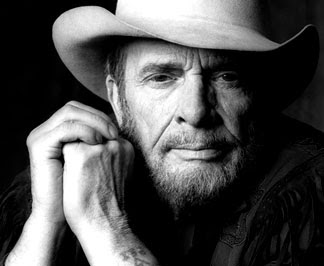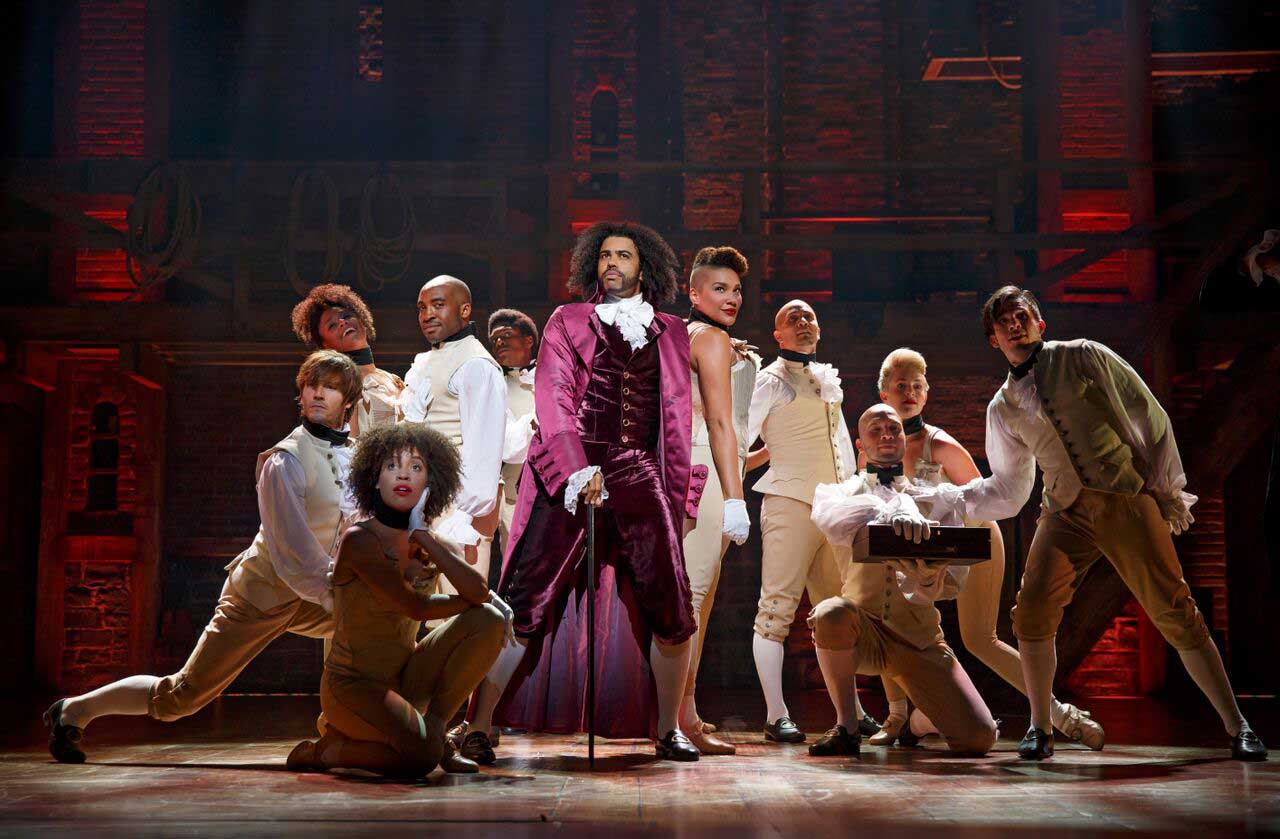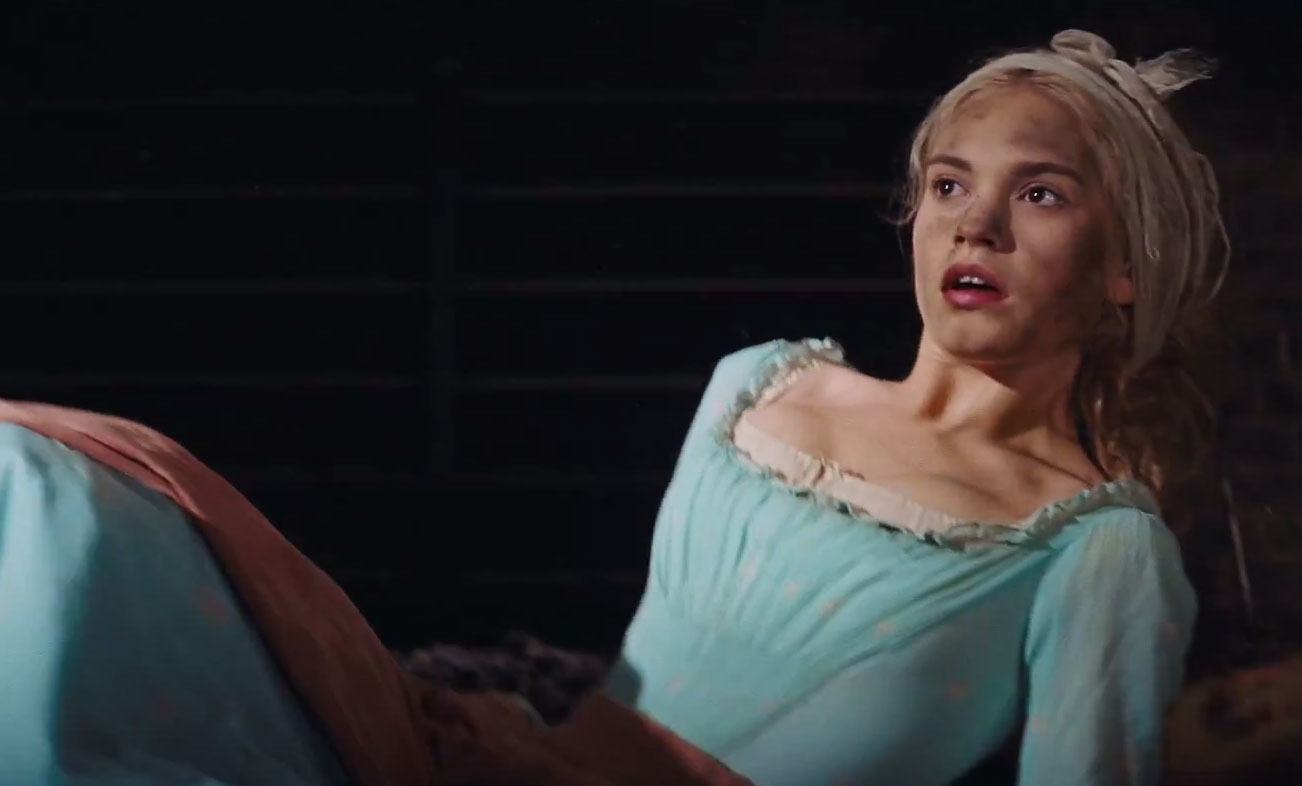
In his review of Tim Burton’s Alice in Wonderland, Roger Ebert complained that the film ended with a pointless action sequence. “Time after time I complain when a film develops an intriguing story and then dissolves it in routine and boring action,” he says wearily. “We’ve seen every conceivable battle sequence, every duel, all carnage, countless showdowns and all-too-long fights to the finish.” Can’t anyone think of an end other than violence?
Ebert didn’t live to see the 2015 Cinderella live action reboot, but if he did, he would have at least been pleased on one count: it doesn’t end with a fight. Cinderella (Lily James) isn’t an action hero. True to the Cinderella template, she doesn’t physically fight, or even much struggle, against her fate. Her mother, who likewise wastes away peacefully, tells her that her ethos should be “Have courage. Be kind.” Ella interprets this as a command to passivity and deference. Her stepmother (Cate Blanchett, having a grand old time) treats her as a servant after her father dies, and Ella just takes it. When a friend reasonably asks her why, she replies that she has fond memories of her mother in the house…and therefore she lets herself be abused and humiliated because that’s what her mother would want? The logic is unclear, but that’s the way the plot goes.
Ella never grows a backbone; she escapes her plight through no fault of her own. First her fairy godmother (Helena Bonham Carter) shows up and magically outfits her, then the Prince swoops in to rescue her. Ella’s only sign of resistance is a few words of rebuke to Cate at the end, and then a haughty “I forgive you.” It’s a fine passive aggressive moment, somewhat undermined by the fact that the film can’t admit to it being anything but the sincere effusion of a pure soul. Ella, so good and true and wonderful, isn’t even allowed to be bitchy or pissed off. To be a perfect Princess is to be not just nonviolent, but utterly unaggressive—and for that matter defenseless.
Roger Ebert asked why films have to end with violence; Cinderella, inadvertently, explains. Films have to end with violence because violence is the only way that these big-budget Hollywood films can express strength, agency, or even really action. Either you’re swinging a sword and decapitating the Jabberwock, like Alice in Burton’s film, or else you’re letting you’re step mother put her boot on your face because you just don’t have the gumption to do anything about it. You’re empowered and awesome or disempowered and pure. There doesn’t seem to be any middle-ground.
the middle-ground is, of course the place where most people live most of their lives. In most conflicts, in most lives, you aren’t fully empowered to beat the crap out of your enemy and have them cringe at your feet. Neither are you completely bereft of agency, waiting for a prince to save you. Instead, you’re somewhere in a difficult, grey middle, with some ability to make some choices, and push back against some power, if you’re cunning, and lucky,and don’t misjudge. Heroism comes not in using superpowers to blast all before you, nor in staying pure souled and above the fray, but in figuring out how to make the best of difficult situations, using what power you have, and what kindness you can muster.
There are some variations on Cinderella that manage to get at those issues in interesting and unexpected ways. Ella Enchanted explains Ella’s doormatness via a spell; the girl had a spell cast on her which makes her obey all commands. She then has to figure out how to use subterfuge, legalism, and ingenuity to abide by the letter of her curse while carving out a space for herself—not a bad metaphor for resistance under patriarchy. Twilight also presents violence as a option to be resisted when possible, negotiated where needed, and used as a last resort; Bella’s super vampire power is to dampen other vampire powers — she’s aggressively passive rather than passive aggressive. Nonviolence for her is a weapon.
But those are quirky, odd stories, notable because they refuse to fit into the more familiar binary. More common is the story which sees only power and powerlessness, the sword or waiting for someone with a sword to rescue you. The fact that we so readily sneer at pacifism isn’t because pacifism is silly, or because we’re sober minded and realistic, like Niebuhr. It’s because our imagination is, apparently, unable to think of any effective action that isn’t imbued with absolute power and bloodshed.

